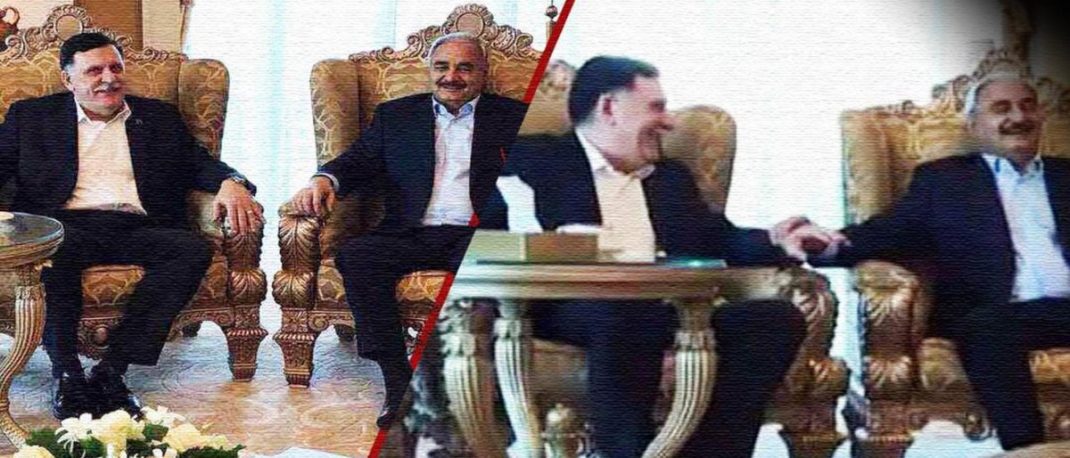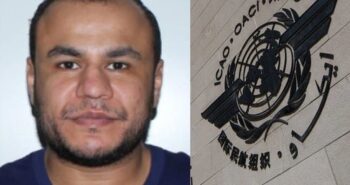By Ghaith Shennib
Libya’s feuding administrations agreed to unite state institutions and build a national army under civilian leadership after two days of talks in Abu Dhabi.
If the accord survives, it could be a big step toward ending six years of chaos in the North African oil producer.
UN-backed Prime Minister Fayez al-Serraj and Khalifa Haftar, the Egypt-backed former general who dominates a rival administration in the east, also agreed on joint efforts to fight terrorism, a cease-fire in the south, national reconciliation talks and the right of return for displaced peoples, their offices said in statements on Wednesday.
Neither statement mentioned a previously reported agreement to include the speakers of the rival parliaments and army commanders in a new presidential council, or the elections that were to follow.
“It’s a major breakthrough,” said Mohamed Eljarh, non-resident fellow at the Rafik Hariri Center for the Middle East. “We can already notice some change in attitudes on the ground where consensus and political settlements seem to be winning arguments. But the question is, are there enough spoilers to ruin this? Yes, there are many in Libya. And there are many details to work out.”
Libya descended into turmoil after the NATO-backed uprising that ousted Muammar Qaddafi in 2011, with myriad armed groups and two administrations vying for influence. Oil production has plummeted from prewar highs, forcing officials to tap foreign reserves to keep the country running.
A UN-mediated peace deal was meant to unite the country, but since arriving in Tripoli in March 2016, Serraj has struggled to expand his influence outside the capital. His government was never endorsed by the eastern-based parliament, and international allies have been trying to bridge divisions and restore stability.
The meeting was Serraj and Haftar’s first since January 2016. Talks in Cairo planned for mid-February never materialized.
______________




